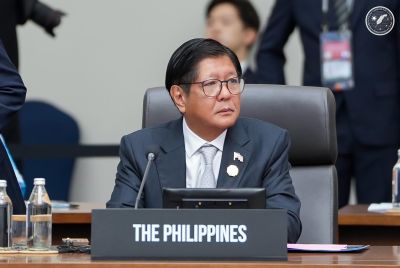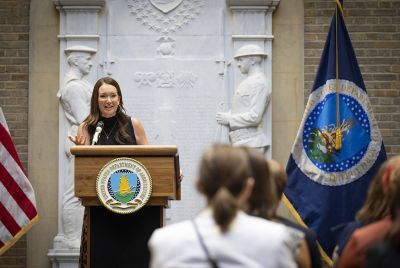Iran In Talks With Britain Over Reopening Embassies
Iran and Britain are in talks aimed at restoring diplomatic relations between the two countries, two years after an angry mob ransacked the British embassy in Tehran, leading to a severing of ties.
The move reflects a significant thawing in Iran's relations with the West which imposed tough economic sanctions on Tehran after the embassy storming.
Britain said there had been a "marked change" for the better in Iran's approach since Hassan Rouhani was elected president in June.
But Iran's National Security and Foreign Policy Committee spokesman warned Britain against reentering the country with an "interventionist attitude".
Britain's foreign secretary William Hague told parliament he had held two meetings with Iranian Foreign Minister Mohammad Javad Zarif in New York in September and that junior officials from the two countries had met since.
Officials will discuss the numbers of local staff to be allowed to work in the embassies in each country, he said.
Britain has said progress will depend on tangible changes rather than rhetoric and that the West is unlikely to ease sanctions unless it sees real concessions on the nuclear issue.
Britain's two diplomatic compounds in Tehran were overrun on an afternoon in November 2011 in what London said was a co-ordinated attack, after a rally against British sanctions escalated into violence and protesters scaled the walls.
As crowds smashed and burned buildings and documents, diplomats inside feared they would suffer a similar fate to U.S. staff who were held for 444 days after their embassy was seized in 1979.
Although the protesters withdrew after a rampage lasting several hours, Britain immediately withdrew all staff, closed the embassy, and ejected Iranian diplomats from London.
Presented by Adam Justice




















